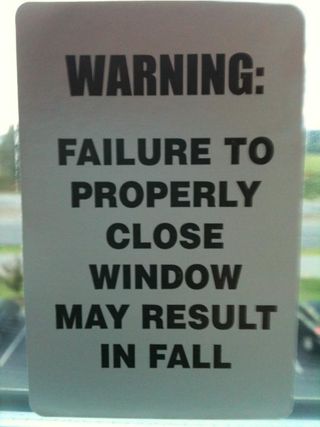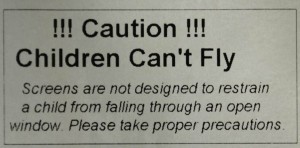Reader Dave Westheimer writes, regarding a news item that we briefly noted earlier:
Guess who’s coming to the suburb where I live? Erin Brockovich. She’s here and in the news.
Of course she’s not hearing “Fridley’s concerns” — she’s hearing the concerns of novices who’ve never heard of the Texas Sharpshooter Fallacy.
FWIW, “one of the worst Superfund sites in the country” refers to the old FMC plant in the southwest corner of the city by the Mississippi, well away from the closest residential neighborhood and more likely to affect Minneapolis than Fridley, if it affected anything at all. Fridley’s biggest industry is Medtronic’s headquarters. It’s a typical postwar residential suburb, mostly built in the 50s and 60s.
The neighborhood newspaper ran what I thought was a fawning article about her appearance here, written by an intern, along with a separate article about how the intern who wrote the article was so excited to meet her. So much for objectivity.
As the city’s water report (PDF) says, Fridley has never been in violation of the cancer causing agents standards in the Federal Safe Drinking Water Act.
Now if you’ll excuse me, I’m going to pour myself another tall glass of city water.


